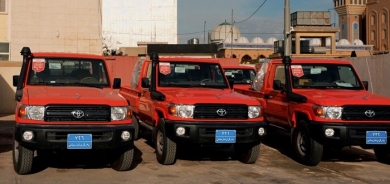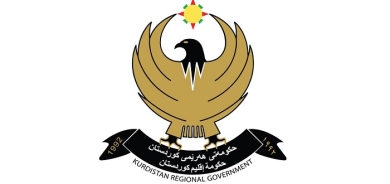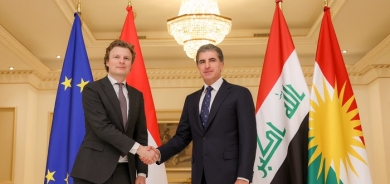KRG Council of Ministers Discusses Oil and Gas Bill Outcome Following Negotiations with Iraqi Counterparts

The anticipated meeting of the Kurdistan Regional Government (KRG) Council of Ministers is currently underway, marking a significant step in addressing the intricacies of the oil and gas sector in the region. The focus of this meeting is to deliberate on the outcomes of recent high-level negotiations between the KRG delegation and Iraqi energy officials, with the overarching goal of formulating a comprehensive oil and gas bill.
Under the leadership of Prime Minister Masrour Barzani, the weekly cabinet session has commenced in Erbil, with the presence of Deputy Prime Minister Qubad Talabani as noted in an official statement released by the KRG. This meeting follows a recent visit by the KRG delegation to the Iraqi capital, Baghdad, where both parties demonstrated a mutual commitment to collaborating on the drafting of the crucial bill.
The key development from the negotiations in Baghdad was the agreement to establish specialized committees. These committees are entrusted with the task of refining the details of the oil and gas bill, aiming to create a modern and effective regulatory framework for the industry. The discussions within these committees have been instrumental in paving the way for a more comprehensive and progressive approach to managing the energy sector.
A pivotal backdrop to these deliberations is the absence of contemporary legislation governing the oil and gas sector in Iraq. This has led the country to rely on outdated laws dating back to the 1970s Ba’athist era. The KRG officials have consistently advocated for the collaborative drafting of an up-to-date bill, which would subsequently be presented to the parliament for enactment.
The management of oil and gas resources has been a contentious issue between the KRG and the federal government in Baghdad for over a decade. The outcome of this meeting holds the potential to redefine the relationship between the two entities in this critical domain.
Iraq's economic landscape is heavily influenced by its oil production, generating substantial revenue from the export of approximately 3.5 million barrels of oil per day. This underscores the importance of a comprehensive and contemporary legal framework to govern the sector, ensuring transparency, equity, and effective management.
In recent months, the Kurdistan Region took a significant step by adjusting its oil export practices. This transition involved transferring a designated volume of oil, ranging from 50,000 to 60,000 barrels per day, to the Iraqi Ministry of Oil. This arrangement, formed in collaboration with the Iraqi authorities, aims to streamline the marketing of Kurdish oil through Iraq's state marketing company, known as SOMO.
As the KRG Council of Ministers continues its deliberations, the potential progress on the oil and gas bill and the subsequent implications for the energy landscape within the Kurdistan Region and Iraq as a whole remain at the forefront of discussions. The decisions made in this meeting could potentially shape the future trajectory of the energy sector and the relationship between the KRG and the federal government.













